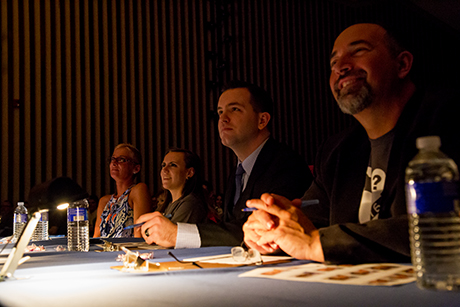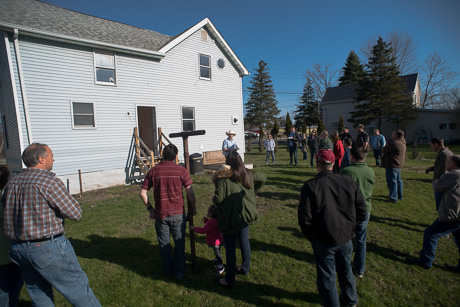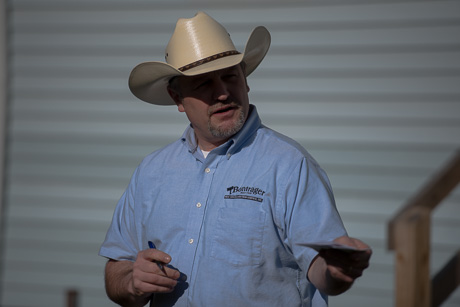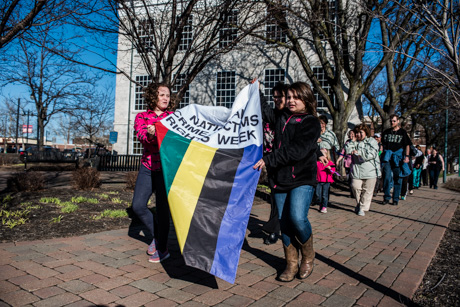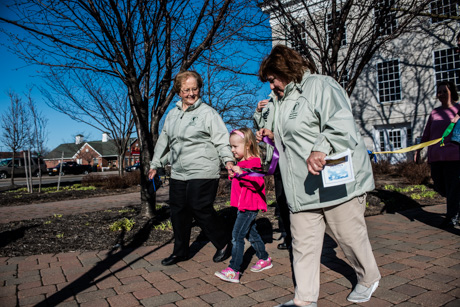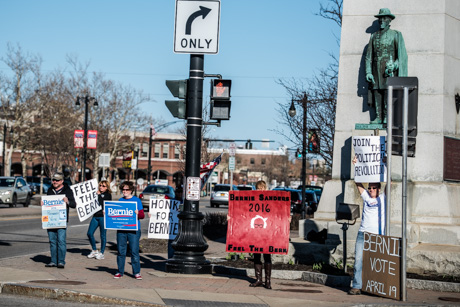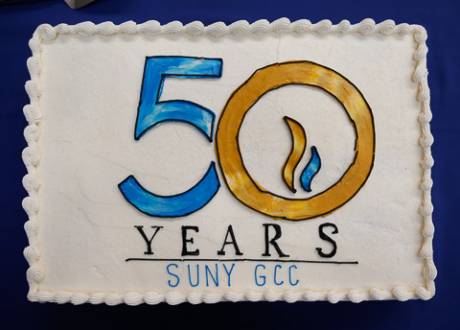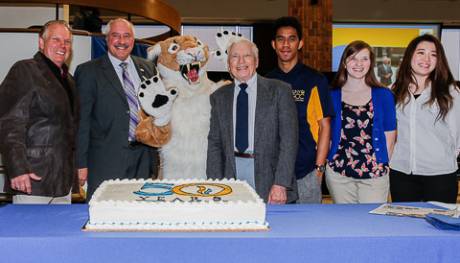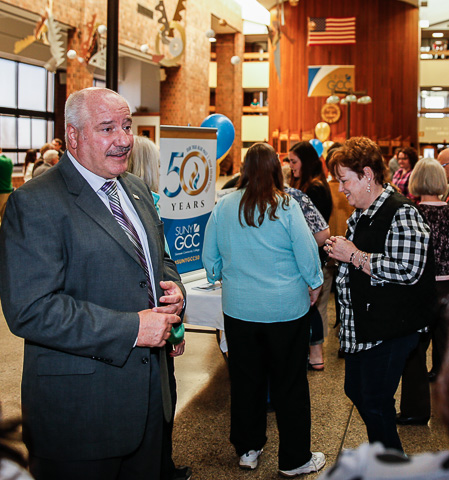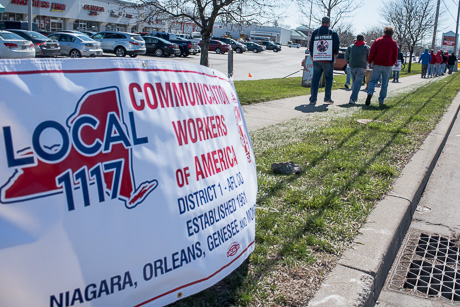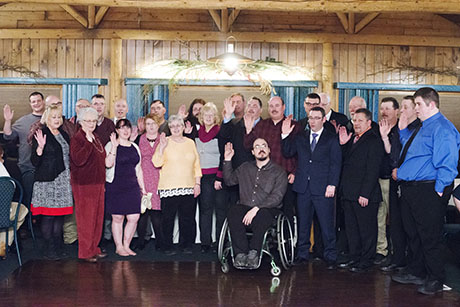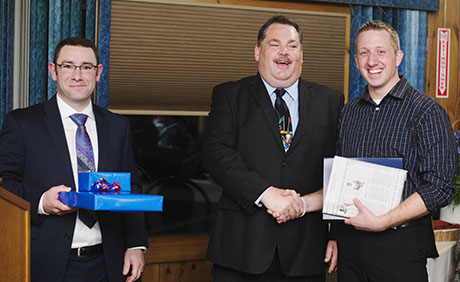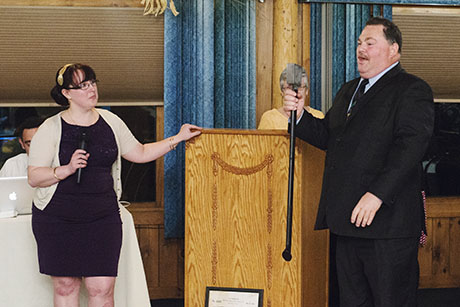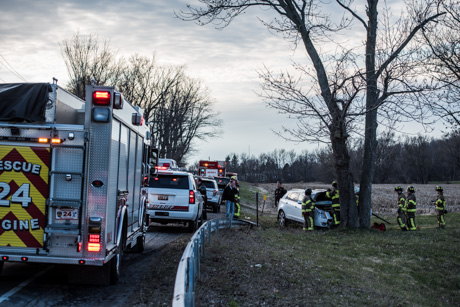Suzanne Corona admitted to a violation of her probation in Genesee County Court on Wednesday afternoon and therefore Acting Judge Michael F. Pietruszka allowed her to continue serving probation without any additional penalty.
"I put Amaretto in my coffee," she told the judge, explaining why a urine sample taken from her on March 21 tested positive for alcohol, which she is forbidden from imbibing under the terms of her probation.
The terms were set forth last year after she admitted selling $60 worth of suboxone, a controlled substance, to an undercover agent of the Local Drug Enforcement Task Force.
By pleading guilty on Aug. 3, she avoided serving up to one and a half years in prison and one year of post-release supervision and got probation instead, without objection from the DA's Office.
Although she got into trouble with the law several times during the period of 2010 and 2014, she had never faced a felony charge until then. As a first-time felony offender, the judge in the case, Robert C. Noonan, now retired, had leeway to give her jail time instead or probation.
Corona made headlines worldwide when she was arrested on an adultery charge in 2010 after being observed in an apparent sexual act with a man not her husband on a picnic table in Farrall Park. Then came accusations of shoplifting from a local restaurant, which led to a disturbance there and Corona being wheeled away on a gurney into a waiting ambulance, and various other shoplifting charges, including an arrest at Target on a day when a Sheriff's deputy was there doing a K-9 demonstration.
The Ousterhout Avenue resident avoided getting into trouble for a long time and then came the arrest for selling suboxone.
After testing positive for alcohol last month, she initially denied violating the conditions of her probation, then on the advice of her attorney, Brian Degnan, she reversed course. Even in court yesterday, after having conferred with her attorney, she at first refused to admit guilt.
Pietruszka asked if she was on medication and she said is prescribed medication for "mental health, pain, anxiety and thyroid." When asked, she said she has never been in treatment for drug addiction but she has, and continues, treatment for alcoholism.
Asked if she was satisfied with her attorney, she said yes, and acknowleged that her admission of guilt was being made without coercion or under any threat, and with the understanding that admitting the violation was the same as being convicted after a hearing in court.
The judge said in reviewing her file, he saw nothing to indicate an extra penalty would be imposed if she failed supervision. He said the interim supervision of probation imposed last summer would continue.
Corona, in her mid-40s, was easily the best-dressed person in the gallery of the courtroom Wednesday, admittedly not a high bar. She wore a short, navy blue, knit panel skirt and matching jacket, with buff-colored pumps, nude hose, a cloth shoulder bag with a long strap that had wide, bold navy and white stripes. Her chunky silver wristwatch was encrusted with crystals. French manicured nails, one fingertip painted navy; silver thumb ring and thin silver bangle earrings. Her perfume? "Juicy Couture."
After she left the courtroom by herself, she seemed relieved, the nervousness she conceded earlier abated. Asked how she ended up where she is, she sadly and briefly articulated the "rough road" of her upbringing and said she is working hard on her issues.
And Degnan couldn't help but note that for someone like his client to have only slipped up once in nearly a year is in itself an accomplishment.
"I pay $105 out of my own pocket for counseling, (I go) three times a week," she said proudly. "I don't get public assistance."

